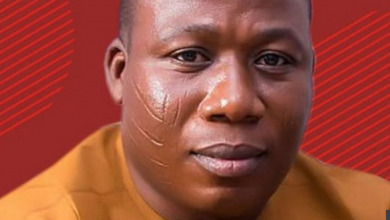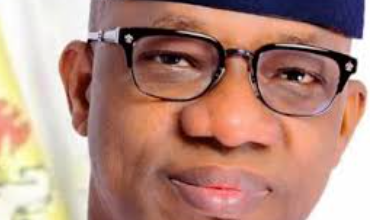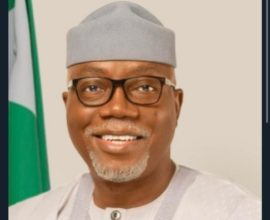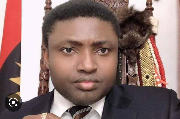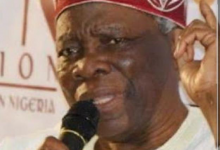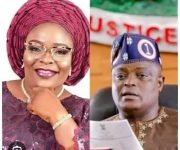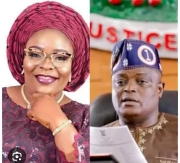
Obasa, Meranda know fate as APC intervenes in Lagos Assembly crisis
CITIZENS COMPASS– The fate of the impeached Speaker of the Lagos State House of Assembly, Rt. Hon. Mudashiru Ajayi Obasa and his successor, Mojisola Meranda, will soon be determined as the leadership of the All Progressives Congress (APC) is set to intervene in the crisis rocking the Assembly.
The leadership is set to weigh available options and choose the most favourable ones to determine who will occupy the seat without rancor.
An online platform, Liberationnews, reported that a close friend to President Bola Ahmed Tinubu and chairman of the board of the NNPC, Chief Pius Akinyerule, former Ogun State governor, Chief Segun Osoba were among those who played key roles in dousing the crisis.
Similarly, ThisDay Newspaper reported that Tinubu has met with several prominent APC leaders, including a former party chairman, a past governor of Ogun State, and the Minister of Solid Minerals. Another respected elder from the South-west had earlier visited the president, requesting a resolution to the crisis as a personal favor for his birthday.
The president consulted with various individuals, each offering insights into the potential consequences of letting the crisis continue. Though some damage had already been done, the consensus was that Obasa’s removal would remain final. The laws governing the Assembly were clear on the process of electing and removing a speaker, and there was no turning back.
Before the impeachment, 37 out of 39 lawmakers were said to have opposed Obasa while some political leaders in the state had also kicked against his return.
Given these arguments, the president decided that Obasa’s removal would stand, but to protect his political future, his dismissal would be changed to a resignation. This follows a precedent set when a former deputy speaker, Funmi Tejuosho, had her removal reclassified as a resignation.
After settling Obasa’s case, the focus shifted to the current speaker, Mojisola Meranda. Her situation was delicate because she is a woman, and Tinubu wanted to promote women’s representation in state politics. However, since she and the governor both come from Lagos Central, keeping her as speaker would disrupt the balance of power.
To maintain fairness among the state’s three senatorial districts, it was decided that Lagos West, the largest district, should produce the next speaker. Tinubu even asked if another woman from Lagos West could take the position to avoid accusations of gender bias. However, the only female lawmaker from that district was a first-time legislator from the opposition Labour Party, making her an unlikely choice.
In the end, it was agreed that Meranda would also step down, allowing someone from Lagos West to become the new speaker. This decision was made to ensure that no region felt excluded from the state’s power structure.
A source clarified that Tinubu was not personally interested in keeping Obasa as speaker. “If Obasa could not manage his colleagues and lost their trust, the president would not fight his battles for him.” The source also noted that Obasa had benefited politically from Tinubu’s influence for over nine years, which was considered sufficient reward.
However, the president was reportedly upset that Obasa’s removal happened without his prior knowledge. As the party’s leader at both state and national levels, as well as the Commander-in-Chief, he felt blindsided by the situation. He saw this as a sign of disrespect with political consequences.
Despite this, after several discussions, Tinubu chose to focus on moving forward rather than dwelling on past mistakes. This mindset led to the final agreement, ensuring stability in the Lagos State House of Assembly and within the APC.
G-W-G

